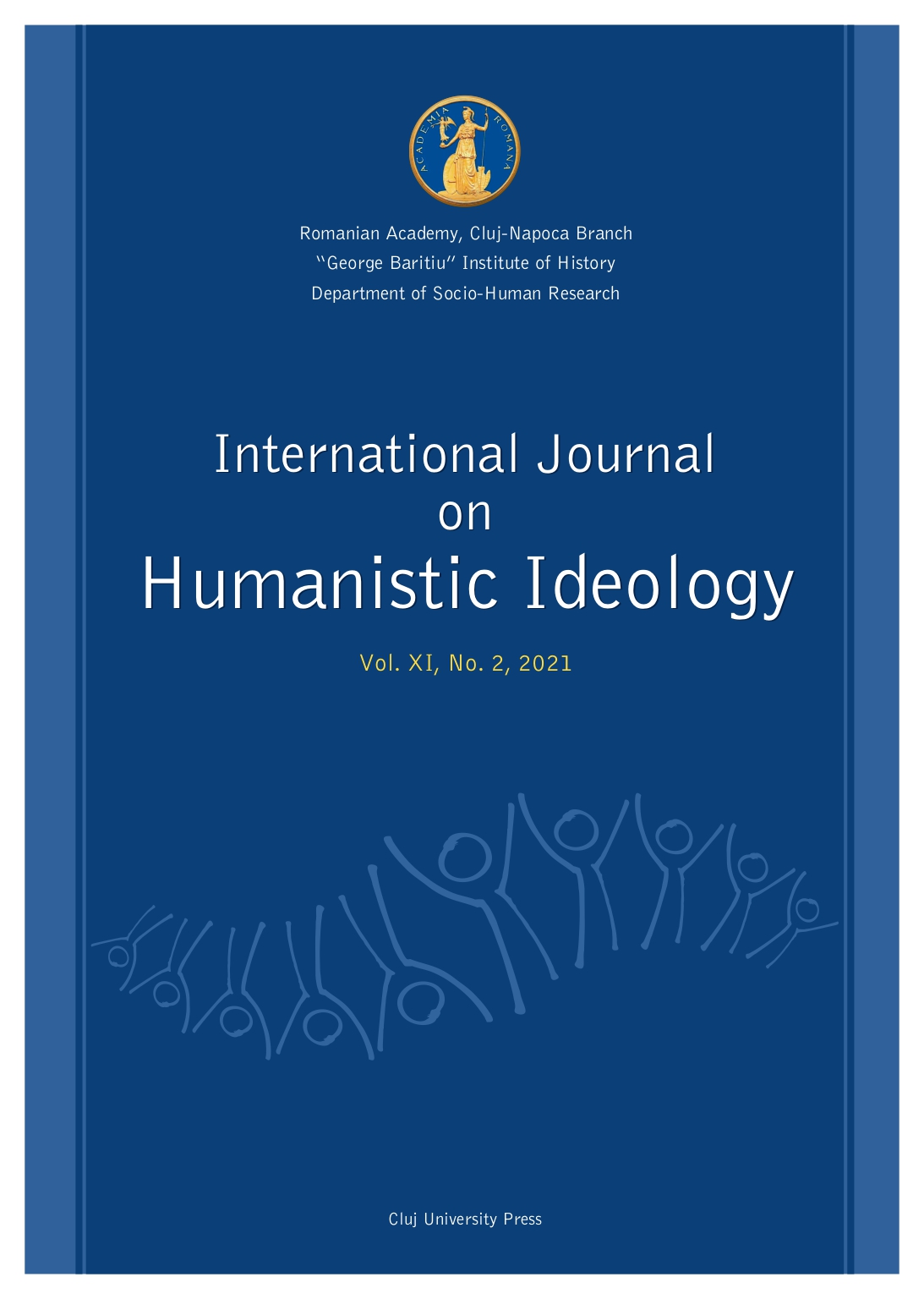Anxiety and Kierkegaard’s Angest
Anxiety and Kierkegaard’s Angest
Author(s): Adrian ArsineviciSubject(s): Philosophy, Social Sciences, Language and Literature Studies, Psychology, Studies of Literature, Philosophical Traditions, Ethics / Practical Philosophy, Theology and Religion, Romanian Literature, Existentialism
Published by: Presa Universitara Clujeana
Keywords: Angest; anxiety; angoasă; hereditary sin; dogma; psychology; translatability;
Summary/Abstract: This is a translator’s inquiry into what one may call the untranslatability, or near-untranslatability, of a Kierkegaardian concept. The article consists of five sections. Section I (Translating Angest) presents my personal reasons for embarking on this article. Since Kierkegaard employs Angest both colloquially and as a concept, Section II (Colloquial Angst) is a brief presentation of the general definition and uses of this word in everyday Danish, and Section III (Kierkgaard’s Angest) is an analysis and panoramic view of Angest as concept, based on quotations extracted mainly from Begrebet Angest. Section IV (German Angst, English ‘anxiety’, Danish Angest) is a short semi-historical presentation of some previous attempts to find and establish a suitable equivalent for Angest. Section V (The Conceptual Inheritance of Søren Kierkegaard) reiterates the idea that Angest, as a Kierkegaardian, Nordic concept, is not suitable for rendering into another language because too many of its connotations and original meanings would be lost in translation.
Journal: International Journal on Humanistic Ideology
- Issue Year: XI/2021
- Issue No: 2
- Page Range: 61-81
- Page Count: 21
- Language: English

